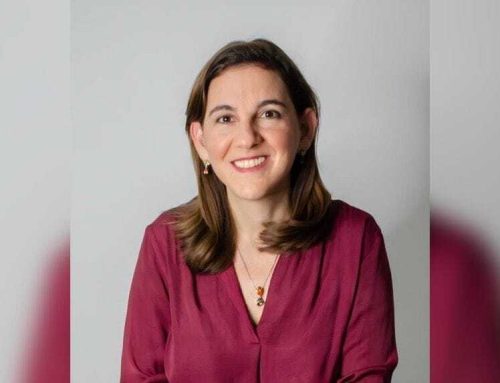By Alexander Matika
The Holy Land Christian Ecumenical Foundation (HCEF) held its 15th annual International Conference & Awards Banquet on October 18th-19th at the Washington Marriott in Washington, D.C.
Amongst the various sessions offered at the conference was an interfaith dialogue panel, featuring Reverend Richard H. Graham, Bishop of the Metropolitan Washington, D.C. Synod Evangelical Lutheran Church in America, Imam Yahya Hendi, Founder and President of “Clergy Beyond Borders” and Muslim Chaplain at Georgetown University along with Rabbi Gerald Serotta, Executive Director of “Clergy Beyond Borders” and leader of Congregation Shirat HaNefesh (Song of the Soul) in Chevy Chase, Maryland.
Tackling the notion of ‘practitioners’ ignorance’, Bishop Graham opened by addressing the benefits interfaith dialogue offers every individual, that is the opportunity to learn about one’s own faith. The pertinence, essentiality, and everydayness of interfaith work was central to Graham’s presentation, asserting “it’s just as important in the U.S. as anywhere else” and “should not be left strictly to clergy and experts”, but rather has a place in every locale and environment.
Yet the true essence of dialogue, Graham noted, lies in participants’ sharing of dreams and aspirations. Interfaith work is not simply an avenue to ‘get along’, but rather a means to achieve common ambitions and desires.
Following a brief tale of Juha, the classic folk character of Arabic literature, Imam Hendi congratulated and encouraged peacemakers and advocates in the audience. “To sit at the table of dialogue is a religious demand”, opened Hendi, continuing the aforementioned all-importance of interreligious activity. “One must master the art of listening, present themselves with passion, and stand against ignorance of the “other” at the table of dialogue. One will then learn that the scripture of the Other is not to be cast off for its incongruities to one’s own faith, for all scripture enhances one’s religiosity and moral ethics. The transformative properties of dialogue, not only act on a personal level, but also as a collective catalyst for peace building.
Rabbi Serotta concluded by echoing the Imam’s sentiment of dialogue as a command, and that all must “compete with each other to do what is right and good”. Using the image of an ark, Serotta depicted how “one leak affects the whole vessel”, just as if part of humanity is in trouble, so we are all. Interreligious understanding is to be a medium to resolve our troubles, one that every individual can partake in.
Behind the panelists flew a verse from chapter four of Ephesians along the conference banner, “Till we all come in the unity of the faith”, so aptly describes the mission not only of the above panelists, but one for which, we as humanity must strive.
The panel was moderated by Father William Joseph Turner, member of the HCEF Board of Directors and Pastor of St. Mary Church in Chelsea, Michigan.
For more information about HCEF and its programs, visit us online at www.hcef.org

